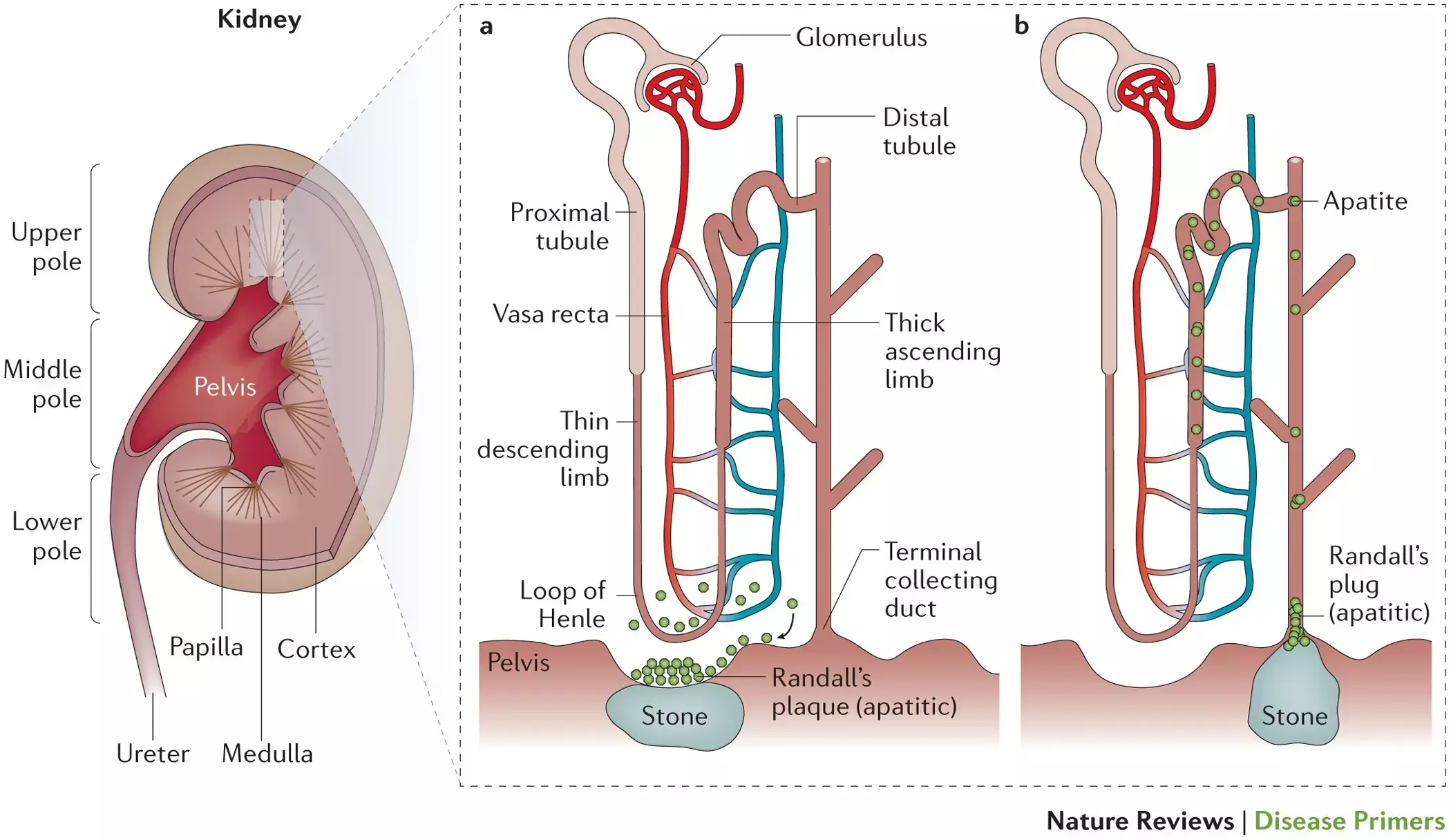- Home
- Medical news & Guidelines
- Anesthesiology
- Cardiology and CTVS
- Critical Care
- Dentistry
- Dermatology
- Diabetes and Endocrinology
- ENT
- Gastroenterology
- Medicine
- Nephrology
- Neurology
- Obstretics-Gynaecology
- Oncology
- Ophthalmology
- Orthopaedics
- Pediatrics-Neonatology
- Psychiatry
- Pulmonology
- Radiology
- Surgery
- Urology
- Laboratory Medicine
- Diet
- Nursing
- Paramedical
- Physiotherapy
- Health news
- Fact Check
- Bone Health Fact Check
- Brain Health Fact Check
- Cancer Related Fact Check
- Child Care Fact Check
- Dental and oral health fact check
- Diabetes and metabolic health fact check
- Diet and Nutrition Fact Check
- Eye and ENT Care Fact Check
- Fitness fact check
- Gut health fact check
- Heart health fact check
- Kidney health fact check
- Medical education fact check
- Men's health fact check
- Respiratory fact check
- Skin and hair care fact check
- Vaccine and Immunization fact check
- Women's health fact check
- AYUSH
- State News
- Andaman and Nicobar Islands
- Andhra Pradesh
- Arunachal Pradesh
- Assam
- Bihar
- Chandigarh
- Chattisgarh
- Dadra and Nagar Haveli
- Daman and Diu
- Delhi
- Goa
- Gujarat
- Haryana
- Himachal Pradesh
- Jammu & Kashmir
- Jharkhand
- Karnataka
- Kerala
- Ladakh
- Lakshadweep
- Madhya Pradesh
- Maharashtra
- Manipur
- Meghalaya
- Mizoram
- Nagaland
- Odisha
- Puducherry
- Punjab
- Rajasthan
- Sikkim
- Tamil Nadu
- Telangana
- Tripura
- Uttar Pradesh
- Uttrakhand
- West Bengal
- Medical Education
- Industry
Higher oxidative balance score tied to lower risk of kidney stones, finds study

A higher oxidative balance score is tied to a lower risk of kidney stones, according to a study published in the BMC Nephrology.
Some studies have found that the pathological formation of kidney stones is closely related to injury and inflammatory response. Behaviors such as dietary composition, physical activity, obesity and smoking can all affect the body’s oxidative stress levels. An oxidative balance score was developed to evaluate the effects of various diets and lifestyles on the body’s oxidative and antioxidant systems. To investigate whether the OBS is associated with the development of kidney stones. Data were taken from the National Health and Nutrition Examination Survey (NHANES) from 2007–2018, followed by retrospective observational studies. The association between kidney stones and OBS was analyzed using survey-weighted logistic regression by adjusting for demographics, laboratory tests, and medical comorbidity covariates. The oxidative balance score is calculated by screening 16 nutrients and 4 lifestyle factors, including 5 prooxidants and 15 antioxidants, based on prior information about the relationship between oxidation levels in the body and nutrients or lifestyle factors. Results: 26,786 adult participants were included in the study, of which 2,578, or 9.62%, had a history of nephrolithiasis. Weighted logistic regression analysis found an association between OBS and kidney stones. In the fully tuned model, i.e., model 3, the highest quartile array of OBS was associated with the lowest quartile array of OBS (OR = 0.73 (0.57, 0.92)) with the risk of kidney stone (p = 0.01), and was statistically significant and remained relatively stable in each model. At the same time, the trend test in the model is also statistically significant. With the increase of OBS, the OR value of kidney stones generally tends to decrease. There is an inverse correlation between OBS and kidney stone disease. At the same time, higher OBS suggests that antioxidant exposure is greater than pro-oxidative exposure in diet and lifestyle, and is associated with a lower risk of kidney stones
Reference:
Song, R., Wu, K., Ma, M. et al. Association between oxidative balance score and kidney stones: data from the national health and nutrition examination survey (NHANES). BMC Nephrol 25, 190 (2024). https://doi.org/10.1186/s12882-024-03607-w
Keywords:
Higher, oxidative, balance, score, lower risk, kidney stones, study, BMC Nephrology, Kidney stones, Oxidative balance score, Reactive oxygen species, National health and nutrition examination survey, Restricted cubic spline regression analysis, Song, R., Wu, K., Ma, M
Dr. Shravani Dali has completed her BDS from Pravara institute of medical sciences, loni. Following which she extensively worked in the healthcare sector for 2+ years. She has been actively involved in writing blogs in field of health and wellness. Currently she is pursuing her Masters of public health-health administration from Tata institute of social sciences. She can be contacted at editorial@medicaldialogues.in.


